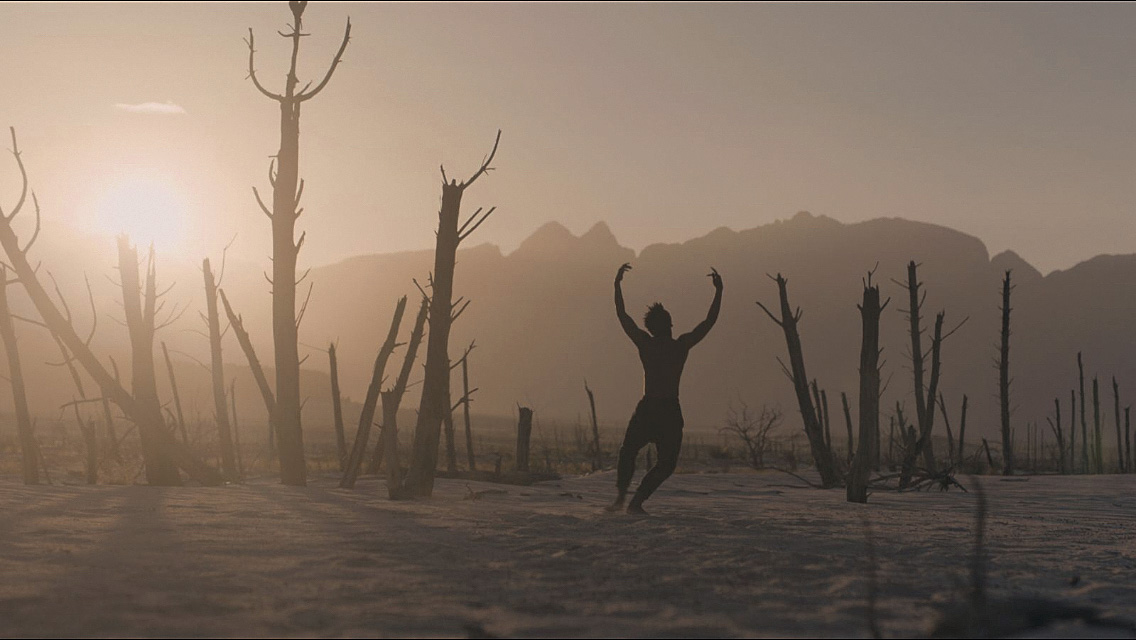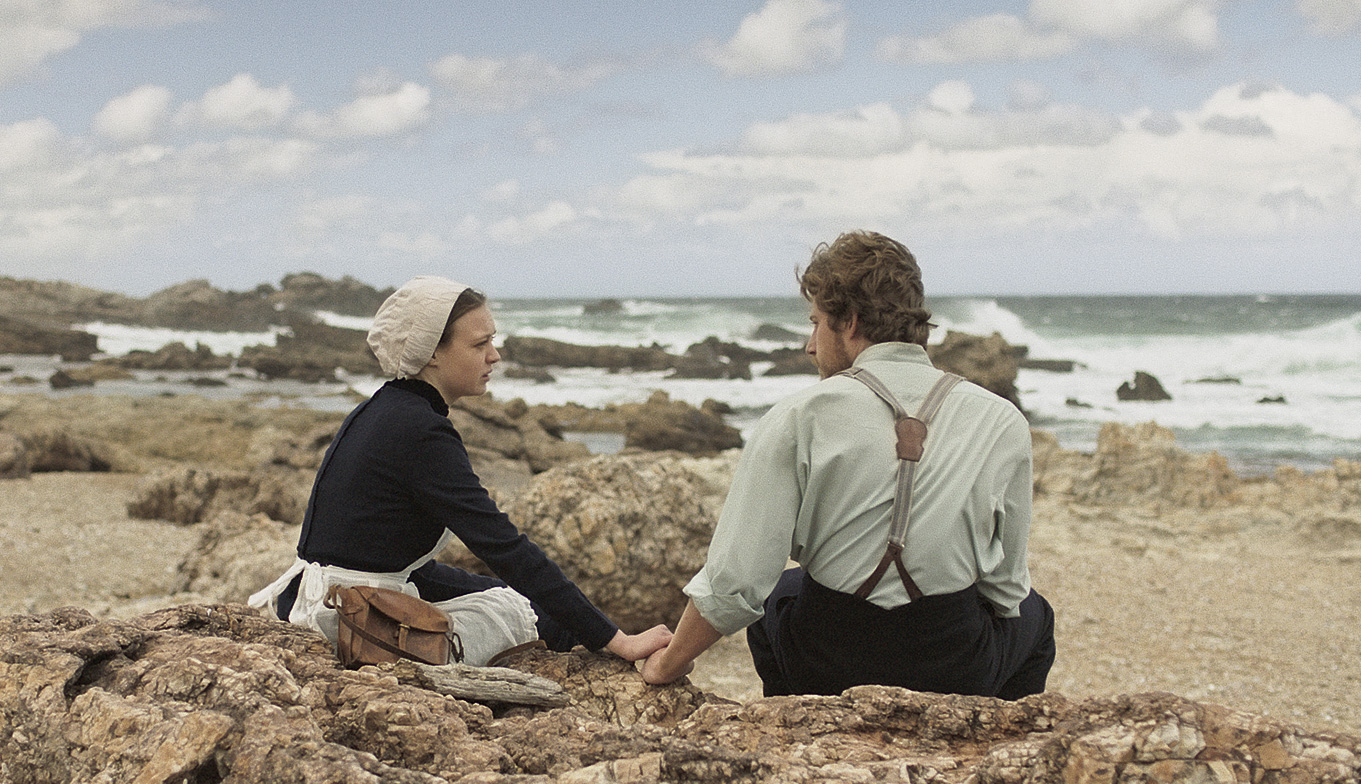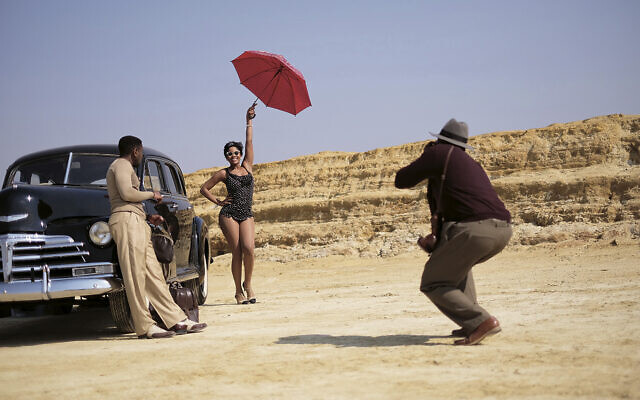‘Triumphing as popular art’
Exploring the culture, history and politics of South Africa through features and documentaries, the Sydney South African Film Festival is screening nationwide until May 26.
SOUTH Africa is a land of great beauty, tragedy, vibrancy, complexity, humanity and colour. It’s rich in unique stories that need to be told, which is why it produces outstanding cinema,” said Sydney South African Film Festival (SSAFF) director Claire Jankelson, who began the festival last year with co-director Di Singer.
The duo are bringing four gripping feature films, four documentaries and one short to this year’s festival opening on Saturday, May 16.

The SSAFF kicks off with Beyond Moving, an uplifting documentary about Siphe November, a gifted ballet dancer discovered as a boy in the townships.
Described as a Billy Elliot story with a South African twist, the film follows Siphe as he trains with Canada’s National Ballet School and secures a premier position in the world of professional ballet.
Other documentaries include The Space: Theatre of Survival, the story of the first racially inclusive arts venue in 1970s divided South Africa; Buddha in Africa, which captures a Malawian teenager’s upbringing in a Buddhist orphanage, offering a revealing look at China’s influence in Africa today; and How to Steal a Country, which traces the looting of South Africa’s state-owned companies to the benefit of former president Jacob Zuma and his henchmen.
The feature length Johnny Clegg, The White Zulu is an adventure into the life of one of South Africa’s most exceptional musicians, while short film Billy Monk – Shot in the Dark explores renowned photographer Billy Monk who made a name for himself shooting the 1960s underground nightlife of South Africa – a place untouched by the division of apartheid.
With the films reflecting South Africa’s diverse population, rich tradition of struggle for democracy and equality, and complex political and economic reality, Jankelson commented, “Our films demonstrate a passionate engagement with the country’s history and evolution, triumphing as popular art without romanticising or flinching from the truth.”
Question and answer sessions, and interviews with the directors, are planned to run in conjunction with the films. Ticket proceeds are being directed to Education without Borders, which runs programs to assist young people in South Africa’s disadvantaged communities.

Feature film The Last Victims sees a former member of South Africa’s infamous death squad seek to atone for his past when he helps one survivor search for the bodies of a missing anti-apartheid cell; and Back of The Moon centres on Sophiatown, a black ghetto at the centre of Johannesburg, which in the 1950s had been the first target for removal by the apartheid government.
Fiela se Kind (Fiela’s Child), adapted from South African author Dalene Matthee’s celebrated novel, tells the story of a mixed-race woman living in the arid Karoo who takes in a lost white child and raises him as her own.
Nine years later, the boy is removed and forced to live in the Knysna Forest with a family of woodcutters who claim he is theirs.
The final film is a boxing flick by award-winning director Jahmil X.T. Qubeka called Knuckle City.
The Sydney South African Film Festival is screening from May 16-26. Tickets at www.ssaff.org.au. Single premiere screenings are $8 each or see all 10 films for $60.


comments